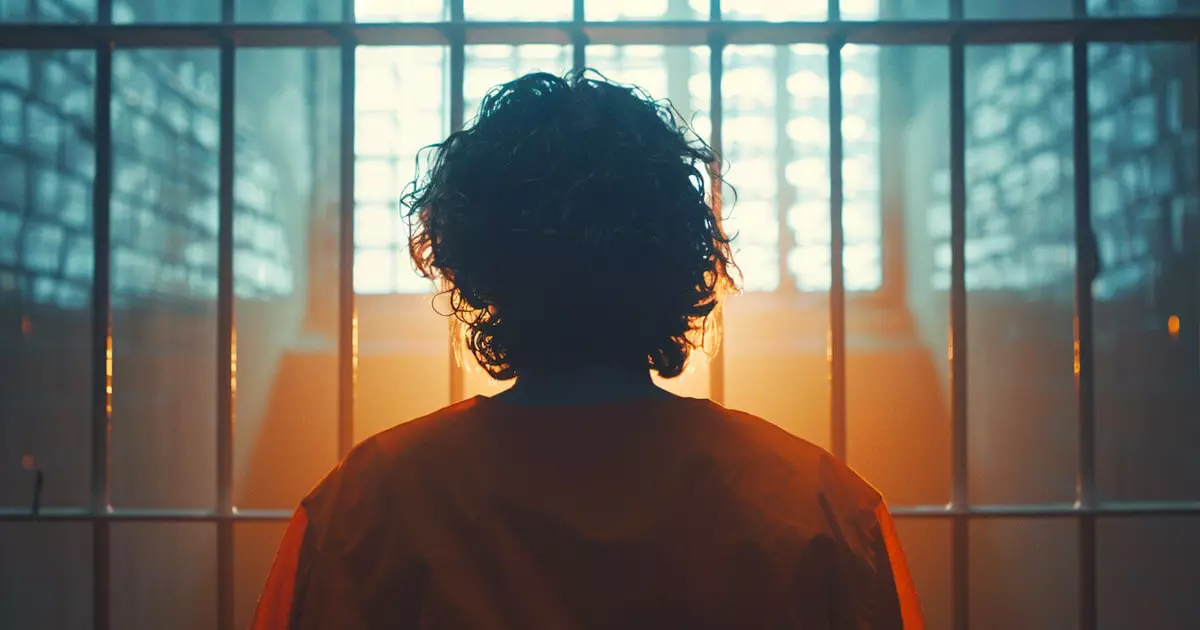The downfall of crypto mogul Sam Bankman-Fried (SBF), co-founder of the now-defunct exchange FTX, signifies one of the most dramatic narratives in the crypto sector. Following his conviction for fraud and conspiracy stemming from the monumental collapse of FTX, Sam Bankman-Fried is seeking to overturn a 25-year prison sentence. His appeal, launched on September 13 before the Second Circuit Court of Appeals, brings into question the integrity of the judicial process that framed his trial.
Claims of Judicial Bias and Procedural Errors
The primary thrust of SBF’s appeal revolves around allegations of judicial bias. His legal team, spearheaded by Alexandra Shapiro, contends that U.S. District Judge Lewis Kaplan made unprofessional remarks that could have influenced the jury’s perception of SBF’s guilt before evidence was even fully presented. Such claims raise profound concerns regarding the fairness of legal proceedings. Justice, ideally, should be impartial, yet SBF’s team argues that Judge Kaplan’s statements compromised that ideal. Furthermore, the appeal alleges procedural missteps where key defense arguments—including evidence regarding SBF’s attempts to remedy FTX’s financial state—were dismissed or restricted, hindering the defense’s ability to construct a compelling narrative.
This matter of perceived bias isn’t merely about courtroom decorum; it implicates foundational principles of the legal system. An accused individual deserves a full and fair trial, wherein all arguments and evidence are given a platform. If SBF’s claims hold merit, it could signify a broader systemic issue within judicial proceedings that would warrant scrutiny and reform.
Central to SBF’s argument is the assertion that he was denied access to exculpatory evidence—known as Brady material—which could have significantly supported his case. This contention is particularly alarming as it underlines the importance of access to all relevant evidence in legal contexts. The relationship between the government and the bankruptcy estate responsible for FTX’s dissolution is also under investigation. SBF’s appeal posits that this interaction was too conflated, directly impacting the defense’s resources and resultant courtroom strategy.
Such claims not only call into question the fairness of SBF’s trial but also highlight potential pitfalls within the system that could endanger the rights of future defendants. If the government’s lingering influence over the bankruptcy proceedings created an atmosphere where the defense’s presentation was systematically undermined, this may lead to reforms that prioritize the integrity and independence of the judicial process.
At the crux of the defense’s argument is SBF’s assertion that FTX’s financial troubles were exaggerated. Claiming that many clients could recover their investments through bankruptcy procedures, the legal team argues that the economic context was misrepresented during the trial. This narrative paints SBF not as a criminal opportunist but as an individual navigating turbulent market waters. However, while SBF insists that the prosecution distorted facts, the testimonies from former associates—including Caroline Ellison and Gary Wang—add complexity to this situation. Their cooperation with law enforcement after guilty pleas raises questions about the integrity of SBF’s defense.
The portrayal of SBF as someone who acted negligently rather than maliciously complicates the legal landscape. His defense’s earlier plea for a reduced sentence based on a lack of criminal intent has now transformed into an outright challenge to the conviction itself. The juxtaposition between negligence and intent is a fine line and one that could either exonerate SBF or cement his connection to the fraud perpetrated against FTX’s customers.
As the appeal progresses, several implications loom large over both SBF’s future and the broader crypto industry. The outcome of this judicial scrutiny could establish precedence for similar cases, greatly influencing how fraud and misconduct within cryptocurrency, a sector often seen as unregulated and chaotic, may be addressed going forward. SBF’s case has not only put a spotlight on the inner workings of FTX but also on regulatory frameworks and the legal processes in place to hold individuals accountable.
The ramifications of the appeal will resonate beyond the walls of the courtroom, perhaps paving the way for a more robust legal infrastructure within the crypto space. Ultimately, whether SBF receives a new trial or maintains his conviction will not only encapsulate his personal journey but could also be a pivotal moment in defining the future of cryptocurrency regulation, investor trust, and judicial fairness in the fast-evolving digital economy.



















Leave a Reply